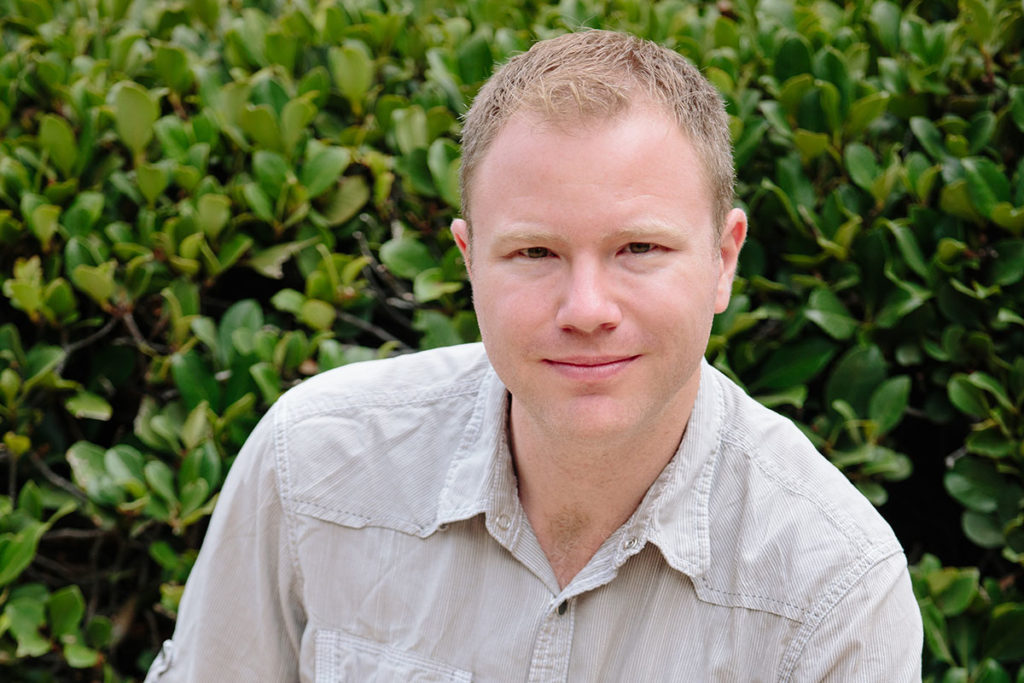Jason Gallicchio wins NSF CAREER grant
August 5, 2020
Assistant Professor Jason Gallicchio has won a prestigious National Science Foundation Early Career Development (CAREER) grant to support his research at the intersection of quantum mechanics and cosmology. Prof. Gallicchio is an extremely versatile physicist who combines a deep background in theoretical physics with his passion for experiments. “The central question that motivates all of my work is how fundamental physics can be experimentally probed.”
While wintering at the South Pole hard at work on studies of the cosmic microwave background radiation, Jason conceived a truly fundamental test of quantum mechanics that relied on using the light from distant quasars to supply the random settings to be used in delayed-choice experiments to demonstrate the incompatibility of nature with Einstein’s deeply held notion of local realism. These beams of light started their journey to Earth billions of years ago from regions of space that could only have communicated with one another deep into the period of inflation that cosmologists have determined must have followed the earliest fractions of a second after the Big Bang. Since joining us at Harvey Mudd College, he has begun these tests in collaboration with Prof. Anton Zeilinger at the University of Vienna, with results that pushed back at least 7.8 billion years “the most recent time by which any local-realist influences could have exploited the ‘freedom-of-choice’ loophole to engineer the observed” violation of Bell’s inequality in tests of quantum mechanics.
These investigations have launched Prof. Gallicchio on further research to explore the properties of the light emitted from quasars, which will shed light (pun fully intended) on light emission from rapidly rotating neutron stars and on aspects of Einstein’s general theory of relativity. A portion of his CAREER award will support this research, while others will focus on the essentially quantum-mechanical phenomenon of entanglement, in which the states of two (or more) particles are fundamentally intertwined so that a measurement of one of the particles projects the other(s) into a more restricted set of states.
Yet another portion of the grant will support Jason’s ongoing effort to modernize the electronics laboratory course to feature design more prominently, both during a pandemic and (we certainly hope) thereafter. (Please wear your mask!) Jason joins an impressive list of recent HMC faculty who have won CAREER grants, including Albert Dato (Engr., 2020), Jessica Wu (C.S., 2018), Jim Boerkoel (C.S., 2017), Lelia Hawkins (Chem., 2015), and Nancy Lape (Eng., 2009). We are proud indeed!